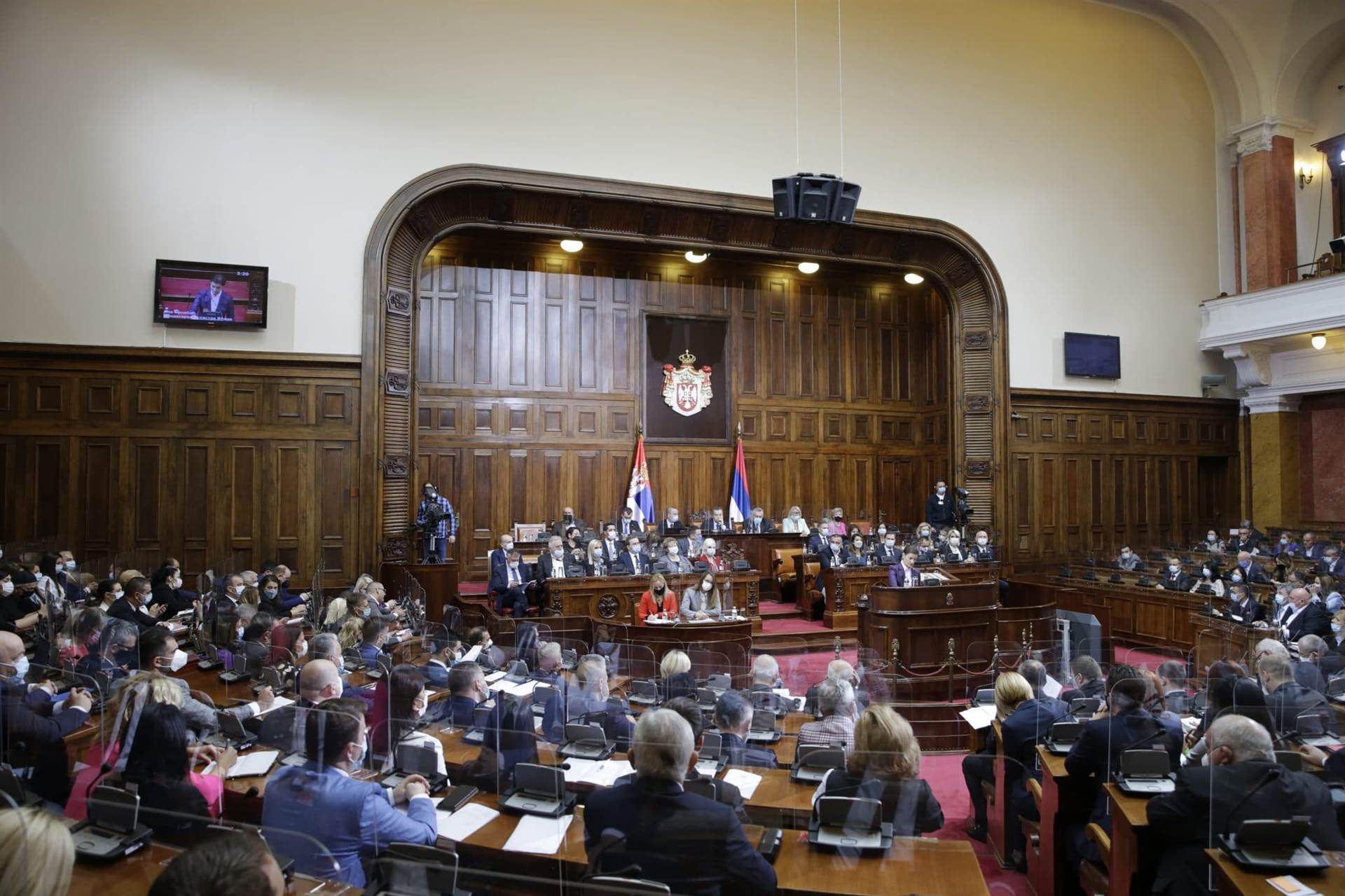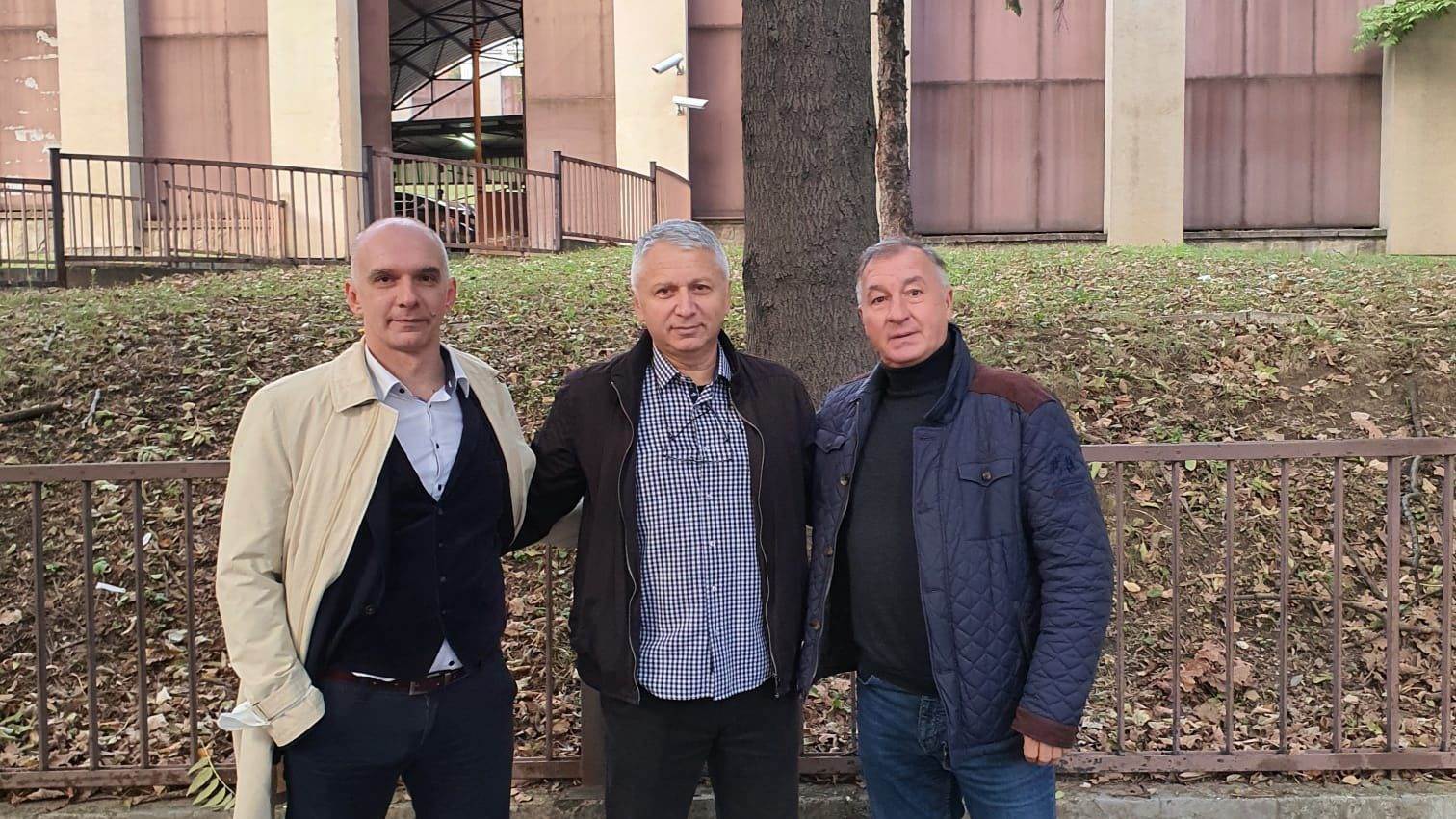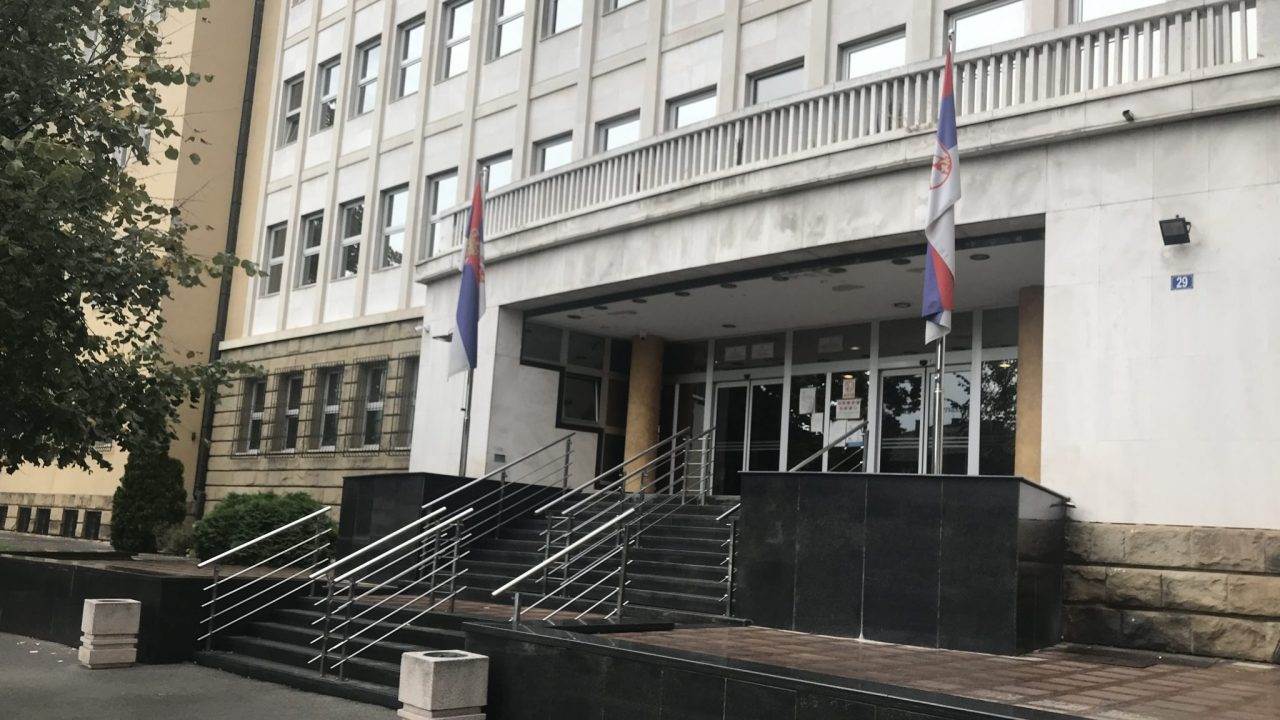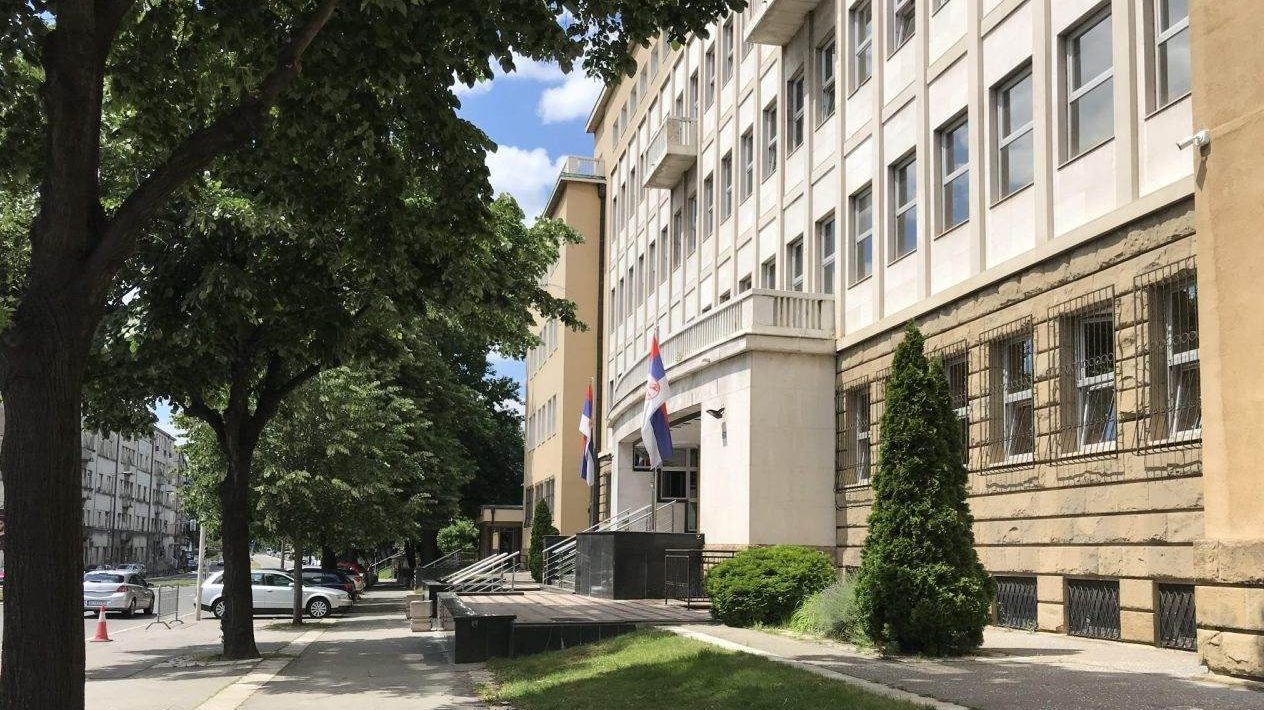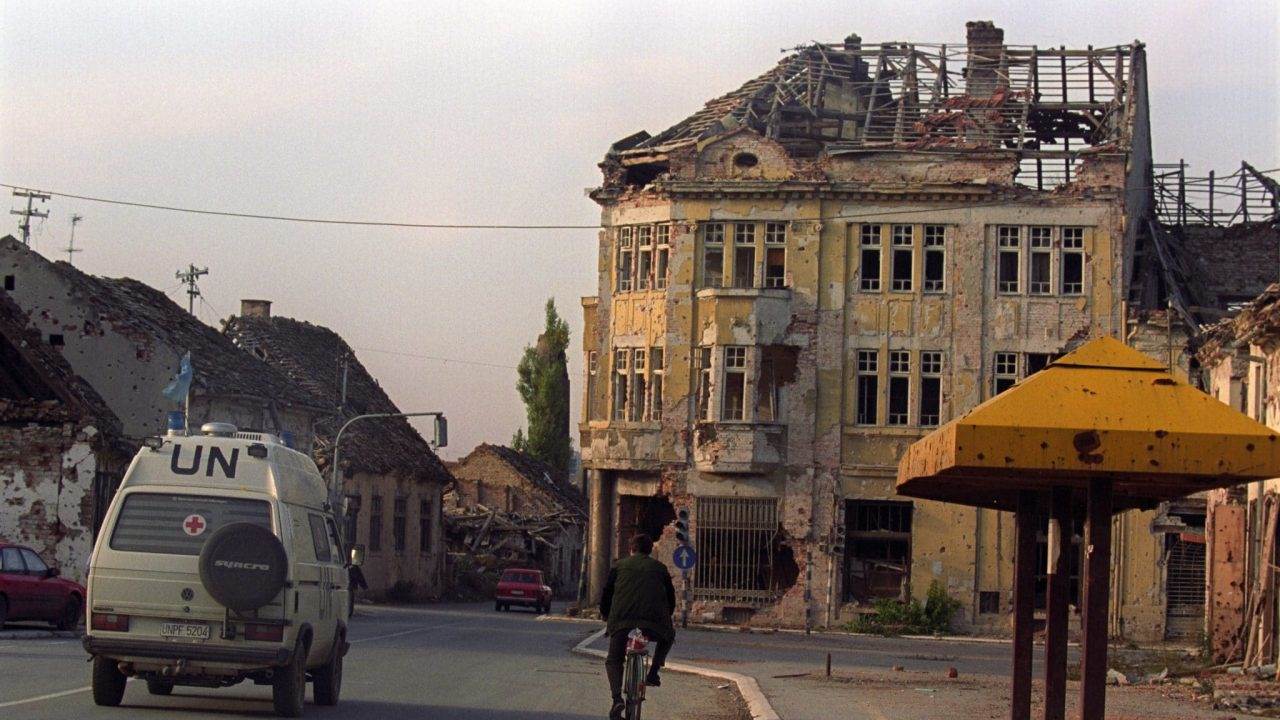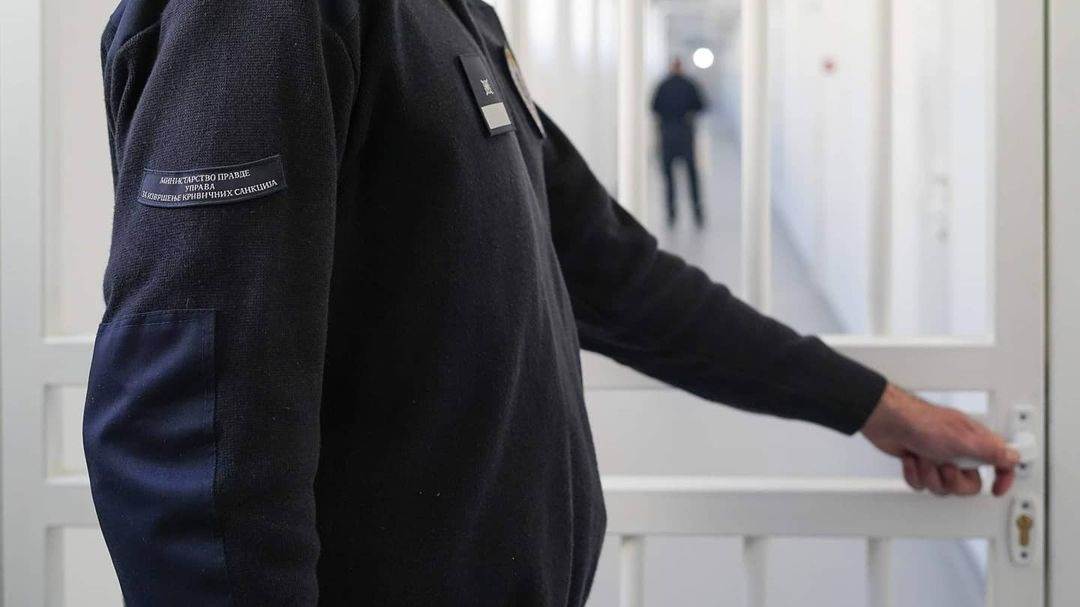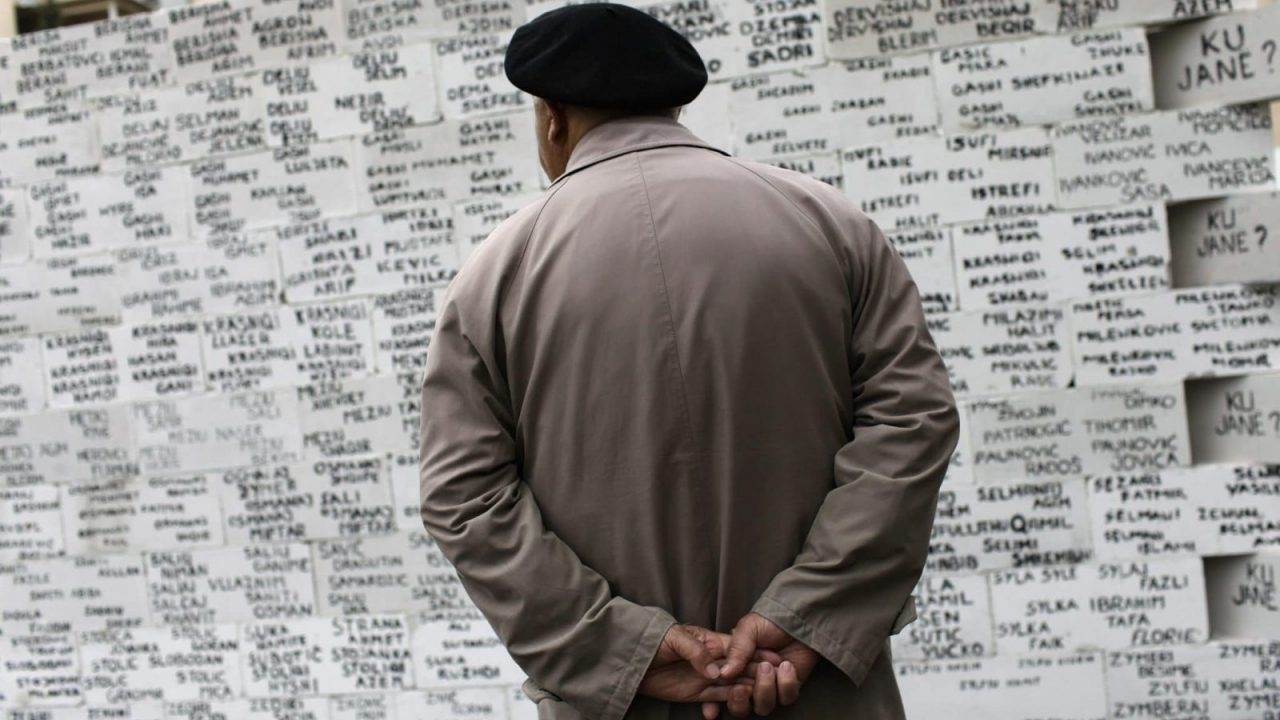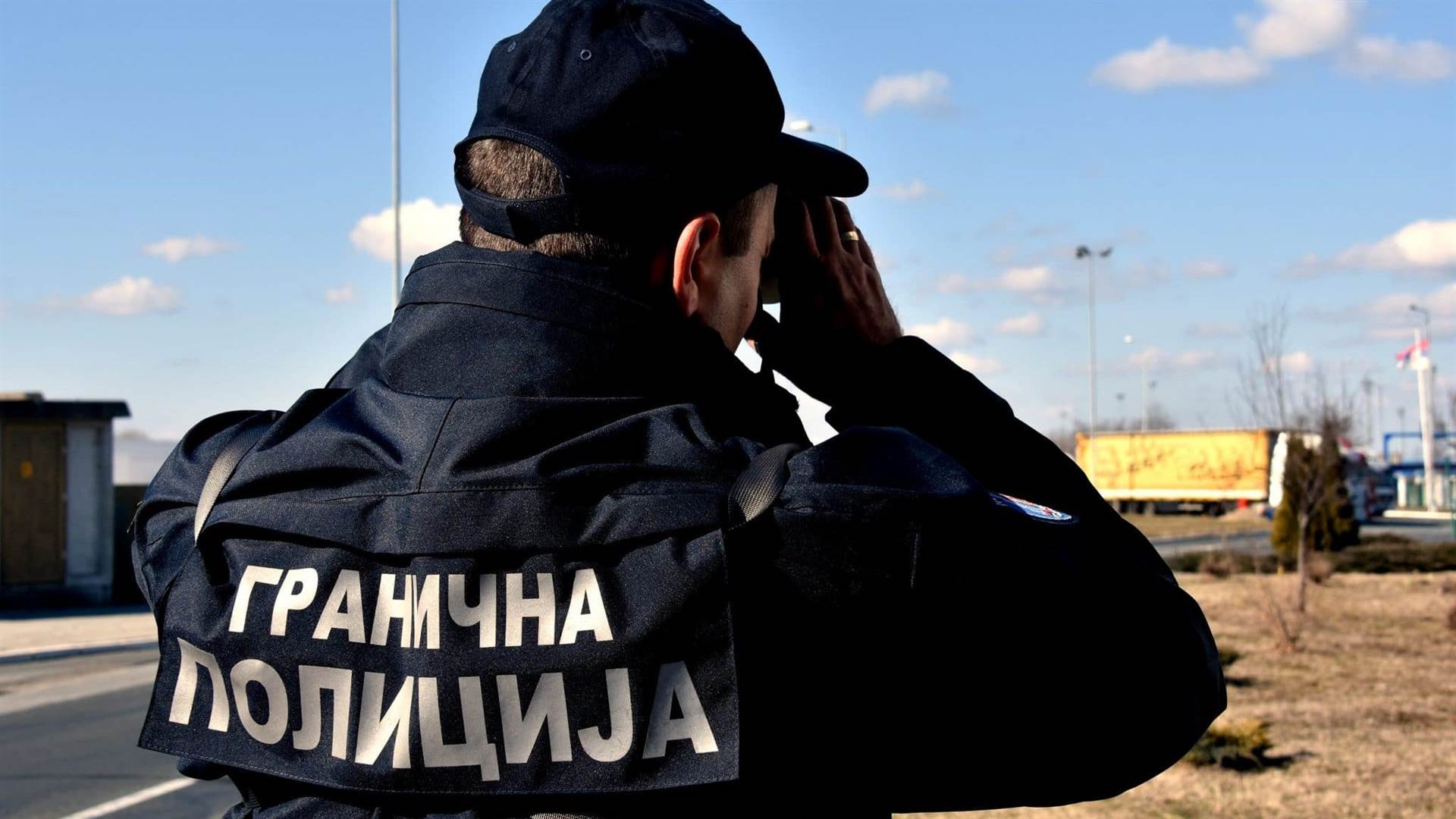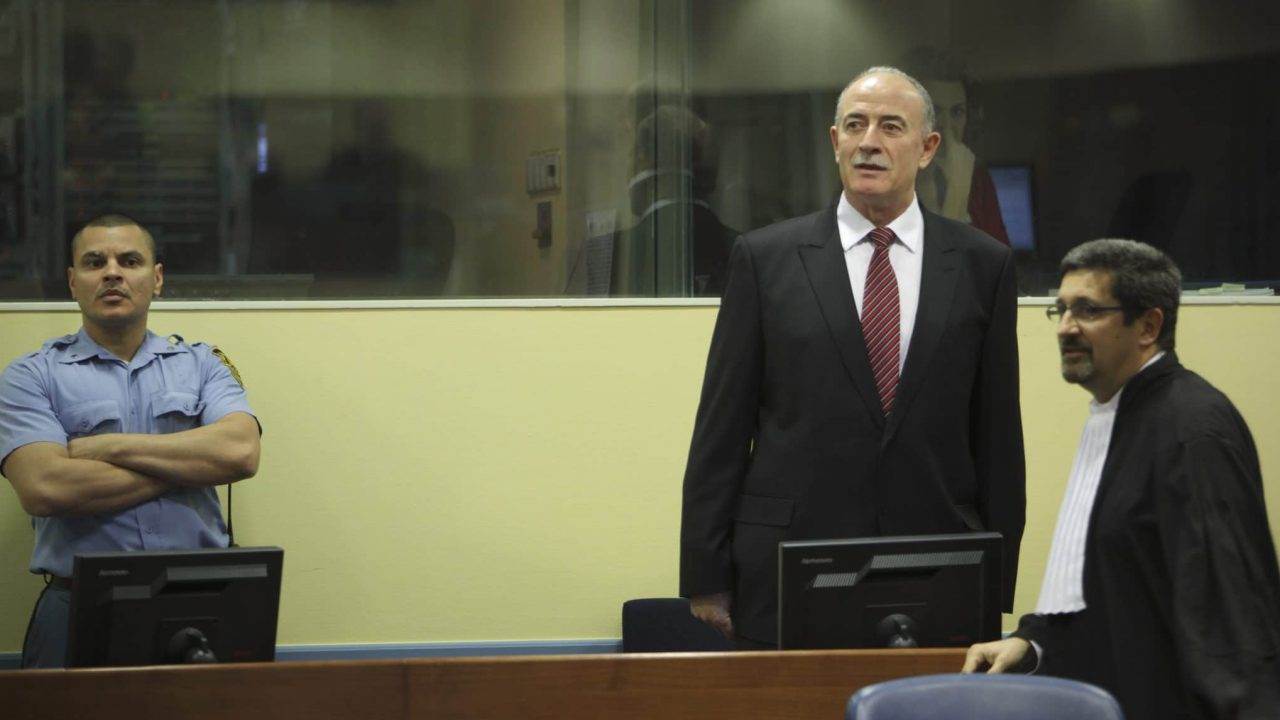MPs refused to debate resolutions to ban the denial of the Srebrenica genocide, to set up a commission to determine how many died during the NATO bombing of Yugoslavia, and...
Belgrade Appeals Court ordered the release of Edin Vranj, a former senior Bosnian police official whose arrest in Serbia on war crimes charges sparked angry reactions from ministers in his...
The Serbian war crimes prosecution said it is now ready to transfer its case against former senior Bosnian police official Edin Vranj to his home country, where his arrest has...
A former inmate of a prison in the Brcko area of Bosnia in 1992 told the trial of an ex-soldier accusing of assaulting detainees that he did not see any...
A Belgrade court has awarded around 6,000 to 8,000 euros each in compensation to three families of people killed by Serbian forces at Ovcara Farm near Vukovar in Croatia in...
The arrest of a senior Bosnian police ex-official at the Serbian border angered Bosnian officials, who claim that the country’s wartime defenders are being unfairly targeted – but are the...
Rights activists urged Serbia and Kosovo to make public a reported agreement to open up or exchange material from their wartime archives, which could reveal the whereabouts of the remaining...
Edin Vranj was arrested at the border crossing between Serbia and Bosnia and Herzegovina over accusations that he committed crimes against prisoners of war during the Bosnian conflict in 1993...
The authorities in the Serbian town of Negotin are supporting a promotional event for a book written by former Yugoslav People’s Army officer Veselin Sljivancanin, who served a sentence for...
